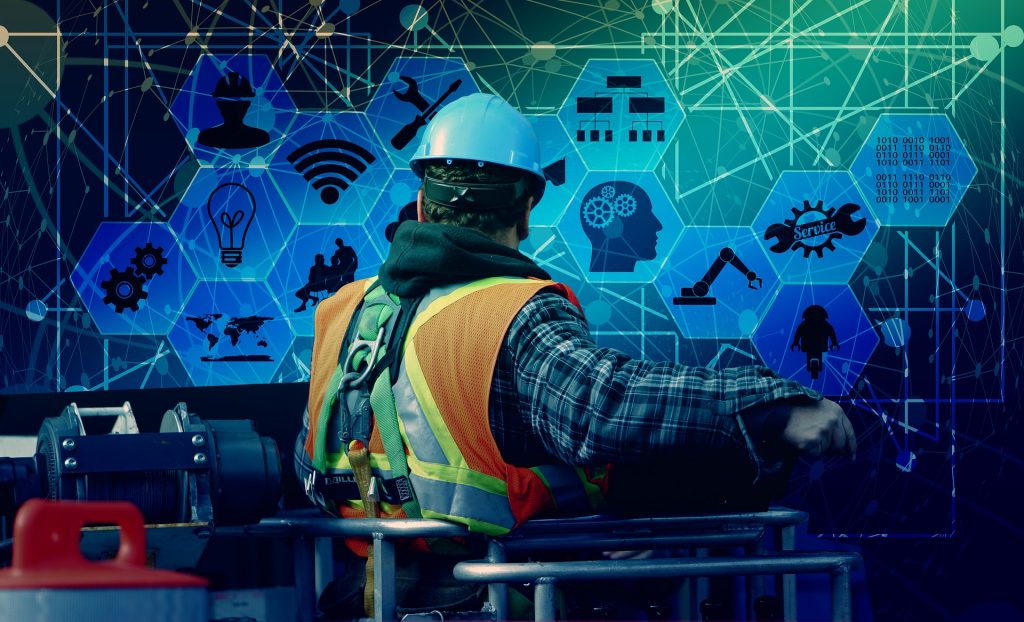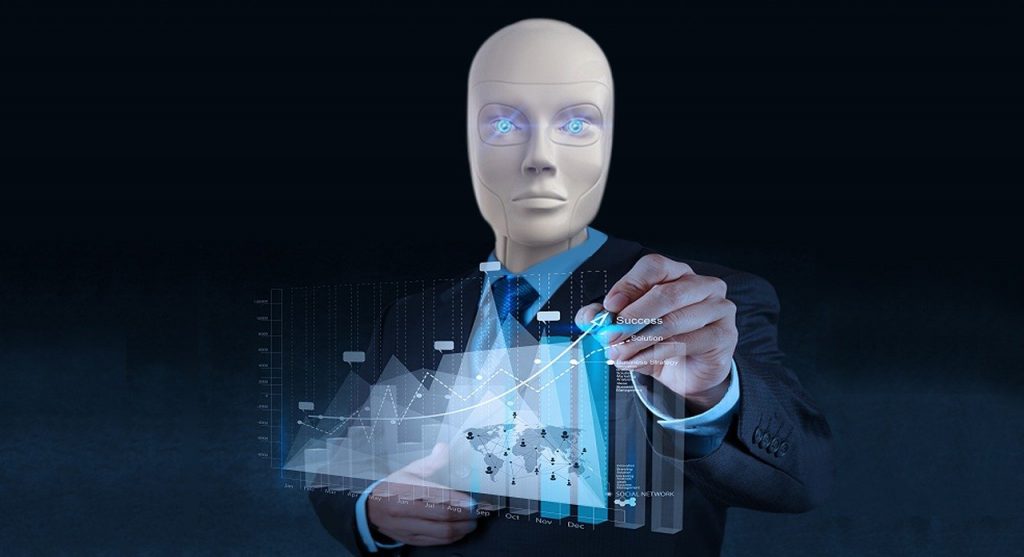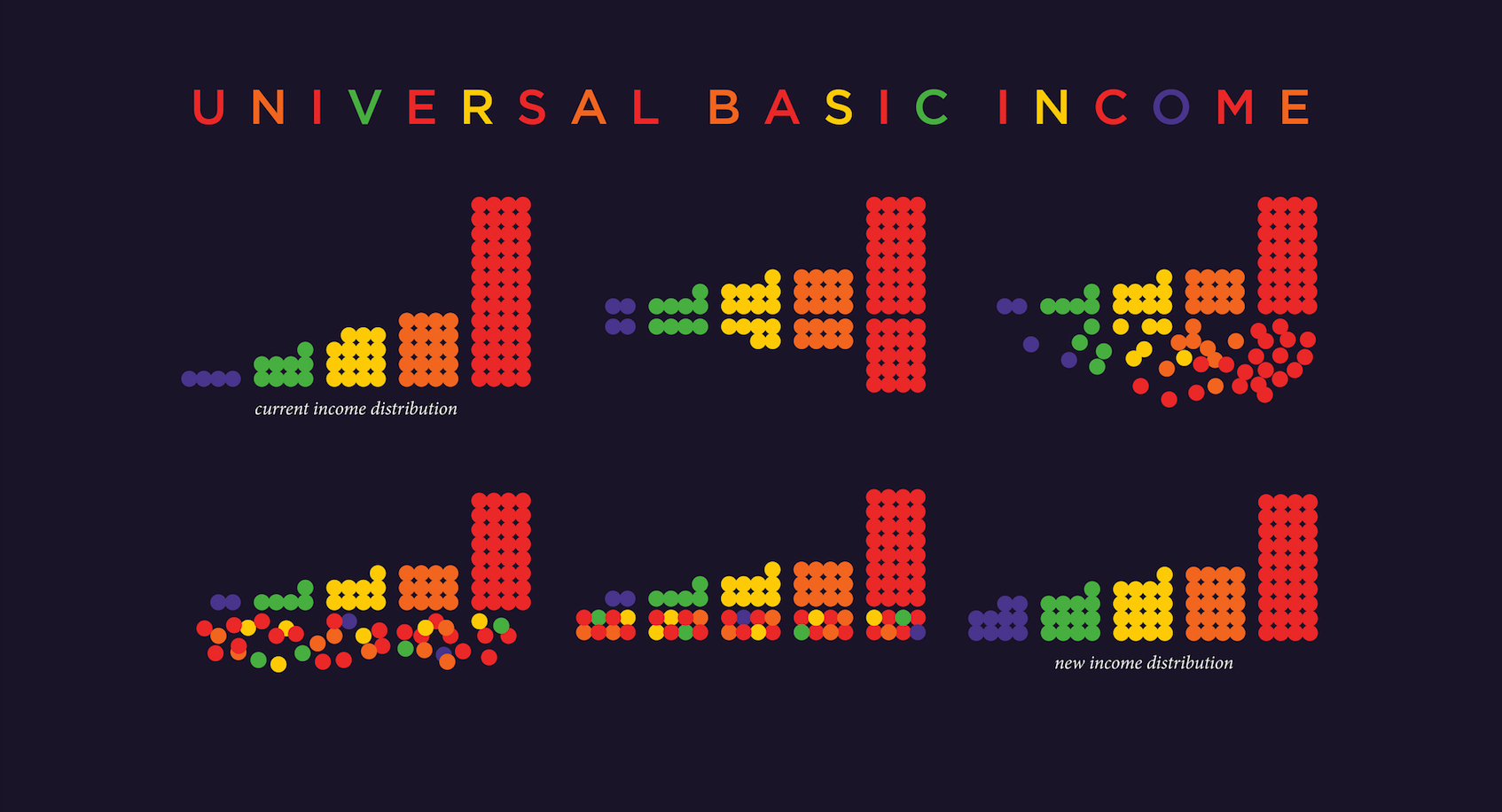Introduction
Hollywood and the popular mediums like to play with the idea of self aware robots rising to overthrow us in the distant future. However, what we sometimes fail to recognize is that Artificial Intelligence (AI) is no longer science fiction. While we still have a long way to go until we reach Artificial General Intelligence (AGI) – or in other words machines that are capable of performing every task a human can – narrow AI is already here to make a change. Automating simple tasks is only the first step; as AI and automation becomes increasingly capable, it will have a tremendous effect on the future of work. How long do you think it will take before machines do your job better than you do? In this article we are focusing on the concerns of job loss as AI becomes ever more embedded in our systems.
AI raises a risk of unemployment
The rate of progress in Artificial Intelligence in the past couple of years is unprecedented, and the technology-driven societal changes, like what we’re experiencing with AI and automation, always breed concern and fear. Most of the times for a good reason : one of the most cited papers investigating the effects of automation – which is now fueled by AI – predicts that almost half of the total US employment is at risk, and could be potentially automated in the next two decades. A similar study from Bruegel arrived at the same conclusion: 54% of EU jobs at risk of computerisation. In a two-year long study, McKinsey suggests that the scale of the automation revolution could rival the agricultural revolution in the 1900s. While this sounds alarming we still have jobs after all the revolutions, right? Won’t this be the same? What’s different this time?
Automatisation of intellectual work
While some dispute the unsettling predictions on grounds that new positions will be created to offset the job losses, the fact that all these major studies report significant workforce disruptions should be taken seriously. If we look at the history of innovation, we can see where things headed. In the first industrial revolution we used water and steam power to mechanize production. In the second, electric power made mass production and division of labor possible. The third used electronics and information technology to revolutionise the world and automated production started to set foot. As it became more widespread, humans shifted to service jobs. Innovation destroyed a lot of positions, but also created more and better new ones, which was much needed because of the population growth. Along these revolutions we outsourced more-and-more physical work to the machines, while we’ve somehow convinced ourselves that intellectual work is the sole province of the human brain. In recent years we could see that we can automate some repetitive and boring cognitive tasks, but the narrative hasn’t really changed.

Fourth industrial revolution
As we approach the fourth industrial revolution however, this pattern breaks. Innovation today does not necessarily create enough new jobs. Whether it’s robots performing microsurgery, machine learning algorithms beating Go masters, composing songs, or driving cars, machines with AI are definitely in the frontier of invading human cognitive ability. Up until now, even our smartest machines were pretty dull at doing complicated jobs, but very good at doing narrowly defined predictable tasks. This is what destroyed most factory jobs. But think about it: if you look at complex tasks long and hard enough, you will find most of them are composed of many narrow and predictable tasks one after another. In the age of machine learning, computers are on the brink of becoming so good at breaking down complex jobs, that for a lot of people there will be no further room to specialise.
If machines become more efficient at doing intellectual work, what’s left for us?
AI can better in specialized tasks
We can already see how AI can be better in specialized tasks. Last year, researchers of Karlsruhe institute of Technology succeeded in building a system that outperforms humans in the domain of speech recognition. DeepMind’s WaveNet model also demonstrated that it is possible to generate speech which mimics any human voice and which sounds more natural than the best existing Text-to-Speech systems, reducing the gap with human performance by over 50%. It is capable of creating one second of speech in just 50 milliseconds. These are huge achievements that allow us to have more reliable human-machine interactions for example. AI can be more precise than us in image recognition and pattern recognition as well. A network that was trained on labeled images was able to outperform a Ph.D. student in classifying objects who trained on the same task for over 100 hours. Furthermore, AI was found more accurate than doctors in diagnosing breast cancer from mammograms. But it doesn’t have to be restricted to these domains, machines can be very capable in strategy too: they are able to beat the best human players in competitive computer games such as StarCraft II. Taking into account that the amount of computation used in the largest AI training runs has doubled every 3.4 months since 2012, we only expect to see increasingly fascinating results from researchers in both academia and the private sector. It is only a matter of time until we see bots that are mature enough to replace a part of, or even whole occupations. This is why this is a very pressing problem.
Human Resources Retraining
When this happens, a lot of people will need to either train and educate themselves to be able to do higher value added jobs, or even switch careers. Amazon already pledged to invest $700 million and upskill 100,000 U.S. employees for in-demand jobs by 2025. On this path, we will probably see a number of other companies following suit, not only because automating their processes will require a lot more skilled workers but it is also a great tool to strengthen their Corporate Social Responsibility (CSR). This is great news, however as machines get more-and-more capable, it is going to be hard to compete with them. While retraining humans is hard, time consuming and resource intensive, code can be duplicated in an instant, and when it gets better, upgrading them does not need heavy investments into physical things, just a software update.
Another aspect to consider is how the human psyche could cope with the increasingly faster changing skills that are in-demand. We usually spend our first part of our lives in an educational institution, preparing for our active working years and while we usually change a number of jobs, we mostly utilize our previous experience. As the pace of change increases however, people might have to spend years on retraining every time their jobs are getting automated, which could put a lot of strain on one’s mental balance and their ability to provide for their families.
Entry barriers for jobs will increase faster and faster.
What could make matters worse, is the fact that entry barriers for jobs will increase faster and faster. Although computer software of robots might be expensive up front, they may provide a lot of convenience to companies in comparison to human workers. AI can work 24 hours a day, 7 days a week, potentially much faster and even more accurately, does not require healthcare, is not at risk by unfavorable environment and never has worse days. Although for companies such a scenario seems very profitable, when more and more workplaces will be replaced by AI it will be very hard for humans to compete.
AI progresses faster than legislation

In 1965 Gordon Moore forecasted that the number of components on an integrated circuit would double every year. When it proved correct in 1975, he revised what has become known as Moore’s Law to a doubling of transistors on a chip every two years. However numerous prominent computer scientists have also declared Moore’s Law dead in recent years, many companies still pursue the trend of exponential computer power growth. In correlation with hardware, similar exponential advance can be observed in the complexity of AI models. For instance, in June 2020 US research laboratory OpenAI released a language model for natural language generation called GPT-3, which is over 10 times bigger than subsequent best – Microsoft Turing NLG (February 2020), which had beaten the previous leader over 2 times.
In contrast, advancement in legislation has been progressing at a much slower pace. After many years of big tech companies and their AI algorithms violating our privacy by selling personal data, the EU finally established the General Data Protection Regulation (GDPR) in 2016. Next, in 2020, White Paper on Artificial Intelligence – A European approach to excellence and trust has been released, which aims to differentiate between ‘high-risk’ and ‘non-high-risk’ AI applications. ‘High-risk’ group will be the subject of future regulations and requirements including training data, record keeping, informational duties, robustness and accuracy. Despite the regulations are definitely a step in a good direction, they mainly touch topics of privacy and ethics, but do not focus on employees rights. The situation in the U.S is not any better as well. Their regulation of the workplace has long been an outlier among much of the world. Especially for private, nonunionized workers, the U.S. largely allows companies and workers to figure out the terms and conditions of work on their own. In 2019 the White House issued an Executive Order titled, “Accelerating America’s Leadership in Artificial Intelligence”, which laid out the direction of AI policy for the federal government. Current drafts contain rules about public trust and participation, scientific integrity, risk assessment or fairness and non-discrimination, however none of them touch employment issues.

And the employment issues can not only be caused by the automation of workplaces. All that automation happens also on the employers side. They can monitor workers on many fields, and such data that can be used to analyze workers’ performance. It is very common nowadays that firms install keyloggers, screen monitoring or use video surveillance to assess how people perform (source). Those analyses, whether done by humans or software programs, may affect who is hired, fired, promoted and given raises.
A possible candidate
The troubling vision of a world where more and more jobs are being overtaken by machines forces us to think about solutions that are robust enough to prevent the worst case scenario: high unemployment, poverty and enormous wealth inequality. Some scientists, politicians and relevant public figures from the tech sector started to promote a new economic model, the idea of Universal Basic Income (UBI). It is a program in which every adult citizen receives a set amount of money on a regular basis, regardless of wealth, employment income or if they worked at all. The goals of a basic income system are to provide at least the minimum for means of living and replace other need-based social programs that potentially require greater bureaucratic involvement. Actually the idea is not new at all, it dates back until the 16th century with the book “Utopia.” from Thomas More.
It has a lot of supporters, since apart from tackling the problem of poverty in a post-work society it also helps people to choose their destiny more freely. It encourages socially beneficial tasks and individuals to take risks and set up new businesses.
While this model certainly has some upsides, there are many critics too. Most commonly people argue that it would encourage laziness and it would bring immense costs for the government. It would also mean that the income could end up in pockets where not needed or desired (like criminals).
In addition, there are two questions with UBI that are highly problematic. Firstly, how do we define “universal”? Would every government implement their own way? What happens if a country fails to make the technological leap in time? Last year, when France planned to introduce a 3% tax on revenues generated by large digital companies in its territory the US government threatened to impose 100% tariffs on French goods in retaliation. In a setting like this, developing nations are in a very vulnerable position. If taxing tech giants would very likely result in trade war, and they failed to ramp up their technological landscape and automation, how would they have enough wealth to support UBI? While residents in California would likely agree to the idea of having a basic income from the revenue the Silicon Valley companies make, people in Bangladesh might experience extreme layoffs and poverty as companies stop outsourcing to lower income countries, losing their ability to ever make the leap from then on.

Secondly, how do we define “basic”? Some say to have basic income in the levels that it keeps people above the poverty line, some that it should provide the means of a middle class worker. Even if we settle on the poverty line, determining what is essential is a very tricky question, since there is no definition for it. Think about education, is high school essential, or should it cover higher education too? What about medical bills? If we get our hands on technology that can essentially prolong human life for example, would that be only for the super rich? However we try to define “basic”, if every person will receive it freely then it becomes self-evident and could start us on a path of constant dissatisfaction.
Another factor that might make this idea fail us in the beginning is connected to the previous section and our behavior. Selling basic income as a solution to a problem that would greatly change our ways of living and hasn’t materialized yet is very challenging. We see the same trouble with climate change and the policies that try to deal with it. Despite having tons of evidence for it, and scary projections of how it could end up, since the problem doesn’t feel so bad right now, we fail to act, or even say it’s not real. If we continue to deal with these issues in this fashion, a large-scale layoff chain and a very turbulent transition period could become a very likely scenario.
We need to act now
The nature of innovation as we know it is different for this time. The number of jobs lost will likely outnumber newly created ones, and the skills that are in-demand will change drastically. The age of automation started a while ago and is here to stay, however as AI becomes so capable that it can rival humans in the workplace it will change the landscape forever. Developing AI that can understand language, recognize patterns, and problem solve, disruption isn’t contained. While this could feel like a distant problem, it is already happening in isolated examples. As William Gibson said, “The future is already here – it’s just not very evenly distributed.” It won’t happen overnight, that truck drivers don’t have to show up to work anymore, but we have to plan well ahead. Our economy is based on consumption, and if less-and-less people have decent jobs, who will do the consuming? Universal Basic Income – while it has promises – is not sufficient in its current form. Failing to prepare extensively for this new horizon would mean a very turbulent transitioning period – if we even make it through it – with high social unrest and political consequences.


